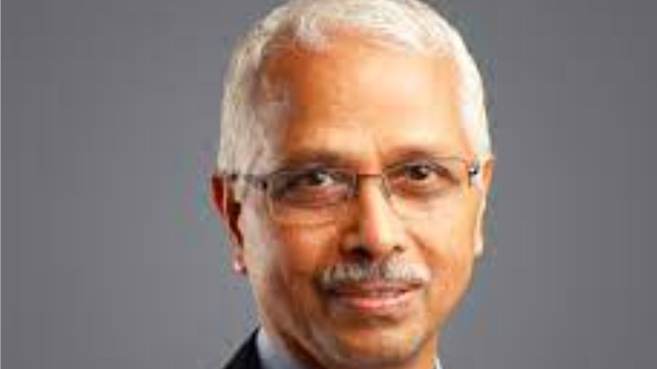India’s healthcare is profit-driven, neglecting public health, safe water, nutrition, primary care & education—fueling a massive disease burden. Reviving strong GP-led primary healthcare is crucial to restore balance and truly serve society.

Dr PK Sasidharan, Former Prof., & Head, Dept. of Medicine, Govt Medical College, Kozhikode
India is witnessing a surge in business opportunities in the health scenario due to its escalating disease burden. The failure or absence of effective public health measures has led to a disproportionate increase in the number of patients, far exceeding population growth. Currently, India holds the highest disease burden globally. This situation arises from the neglect of public health, turning it into an overlooked issue. Consequently, the high disease burden creates more opportunities for businesses in both AYUSH and modern medicine. Adding to the problem, profit-driven entrepreneurs are being encouraged and given more opportunities to capitalize on this situation and do business in the name of health care. These businesspeople are taking advantage of unfulfilled social needs and deficiencies in essential services and public health. The limited healthcare investment, a mere two percent of the GDP, is primarily directed towards advanced treatments or promoting AYUSH, rather than addressing public health or scientific primary healthcare.
Throughout my career, I have balanced clinical practice with my roles as a doctor, researcher, medical teacher, and social worker, striving to assist students, patients, and society to the best of my ability. By viewing my students, patients, and their families as opportunities for social change, I have been educating them on public health issues and diet and lifestyle to gradually transform our society. This effort is crucial because a staggering 99% of our population lacks basic knowledge about proper nutrition. They also lack access to genuine public health and organized primary healthcare. The increasing number of patients is largely due to poor nutrition, unhealthy dietary and lifestyle habits, lack of safe drinking water, inadequate water intake, insufficient physical activity, poor waste management, inadequate primary education, and deficient primary healthcare, among other unmet social and human development needs. Simply increasing the number of high-tech hospitals and promoting AYUSH will not address these fundamental issues.
At times, I feel foolish and diminished in a society dominated by short-sighted policymakers and the selfish interests of the money-minded. It feels like swimming against the tide, constantly hitting my head against powerful rocks, leading to a sense of defeat. Over the years, I have witnessed only business-oriented activities in the health sector disguised as social service. I am acutely aware that if I were to use my insight and wisdom for business opportunities, deceiving people under the guise of social services, only then could I become famous or influential in this blind and misguided society. This experience reminds me of the Mohanlal movie 'Guru,' where the only person with vision is attacked and neglected by the blind men and women around him. When we work sincerely and ensure that the benefits of our activities are passed on to society, we become less significant and remain unknown to the power centers. This is the reality now.
Now, let us examine some of the concerning transformations in society.
As mentioned earlier, our disease burden has been steadily increasing over the years, reaching unimaginable levels due to the neglect of public health and primary healthcare. Five decades ago, when we were medical students, the public sector was solely comprised of government doctors, hospitals, primary health centers (PHCs), and medical colleges, all established by people-centered politicians. Skilled doctors efficiently ran larger hospitals, while competent general practitioners (GPs) managed PHCs, providing holistic, person-centered care. All MBBS graduates had to work as GPs, gaining experience through trial and error, and most stayed in PHCs. Unfortunately, misguided decision-makers, with their flawed policies, have promoted specialization and AYUSH alone during the past five decades, causing the disappearance of modern, people-friendly GPs from India. These decision-makers now believe that modern medicine cannot provide person-centered care and are attempting to establish it through AYUSH alone, resulting in the hybrid BAMS and MBBS degree—a misguided approach.
The true essence of modern medicine lies in trained, competent, and confident GPs who are multitaskers and multi-specialists, capable of delivering person-centered care in PHCs and small clinics. Their absence significantly contributes to the failure of public health, as they possess the potential to drive and lead the field. It is imperative to bring them back to save India.
Empower your business. Get practical tips, market insights, and growth strategies delivered to your inbox
By continuing you agree to our Privacy Policy & Terms & Conditions
